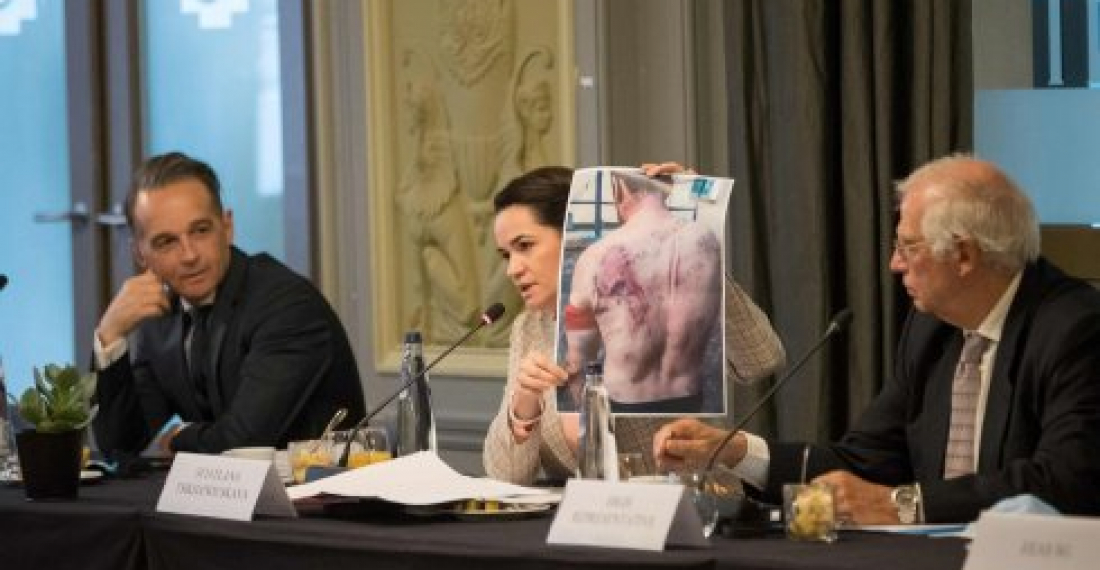Members of the European Parliament's Foreign Affairs Committee will host Sviatlana Tsikhanouskaya and other members of the Belarusian democratic opposition, Volha Kavalkova and Pavel Latushka, during a debate on the latest political developments and public protests in Belarus. Ms Tsikhanouskaya, who will be present in person, is expected to address the committee at 13.45 CET, followed by an exchange of views with MEPs. She will also hold a bilateral meeting with European Parliament President David Sassoli later today (21 September).
The Foreign Affairs Committee MEPs will later vote on new recommendations on how the EU should reassess its relations with Belarus, in the light of the latest developments. The vote result will be announced on Tuesday, 22 September.
Mass protests since the latest "presidential elections"
Belarus has been in the midst of a political crisis following accusations of vote rigging in the presidential elections held on 9 August, which incumbent leader Alexander Lukashenko claimed he won with a vast majority, triggering mass popular protests and general strikes.
Since then, the Belarusian authorities have been cracking down hard on demonstrators calling for Mr Lukashenko's resignation, with many reports and documented cases of abuse and ill-treatment of detainees and protesters being brought forward.
The European Parliament adopted a resolution on the situation in Belarus on 17 September, in which MEPs called for new elections to be held, new sanctions against Alexander Lukashenko and his regime, while pointing out that Ms Tsikhanouskaya, who was the main democratic contender in the elections, is considered by many Belarusians as the actual winner of the vote and the country's real president-elect.
Source: commonspace.eu with the Press room of the European Parliament
photo: Sviatlana Tsikhanouskaya speaking at the European Parliament on 21 September 2020 (picture courtesy of AFP)







